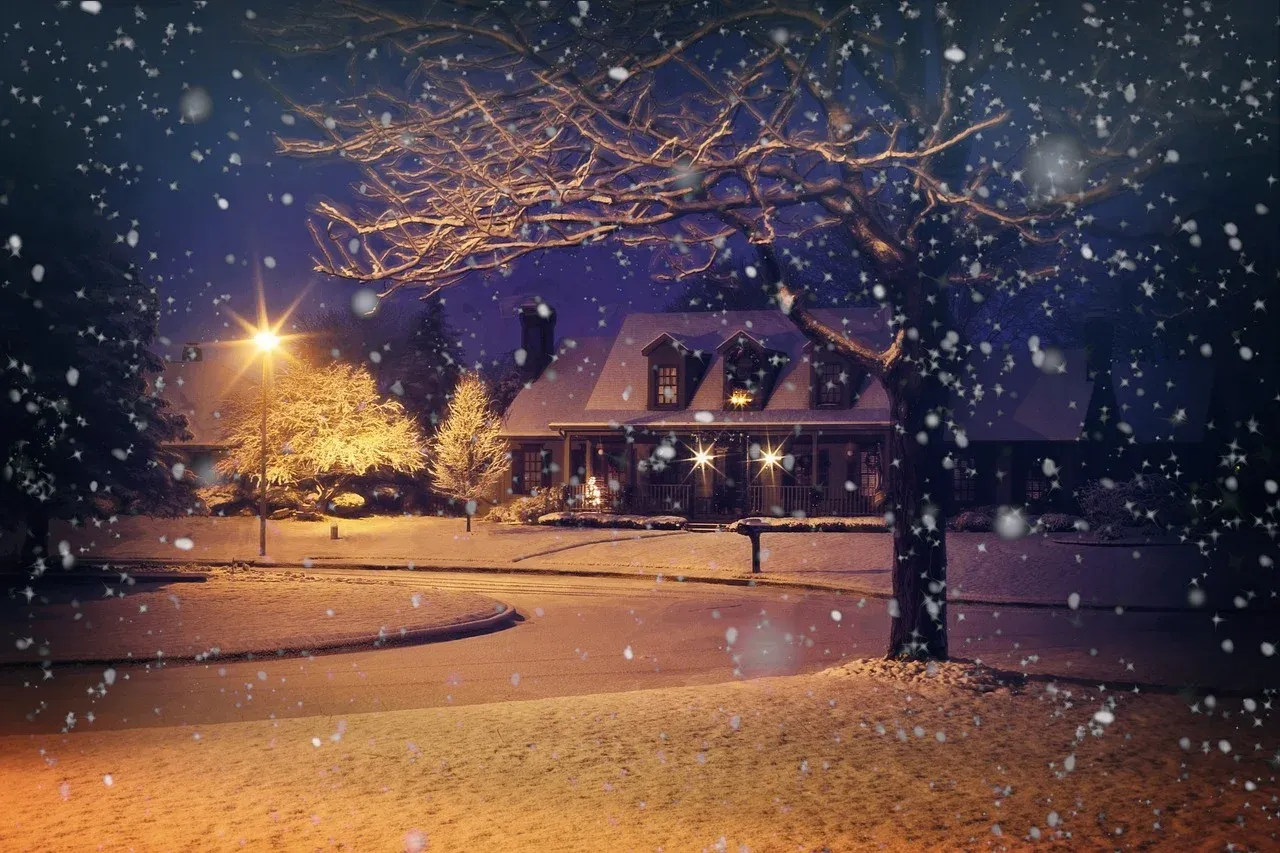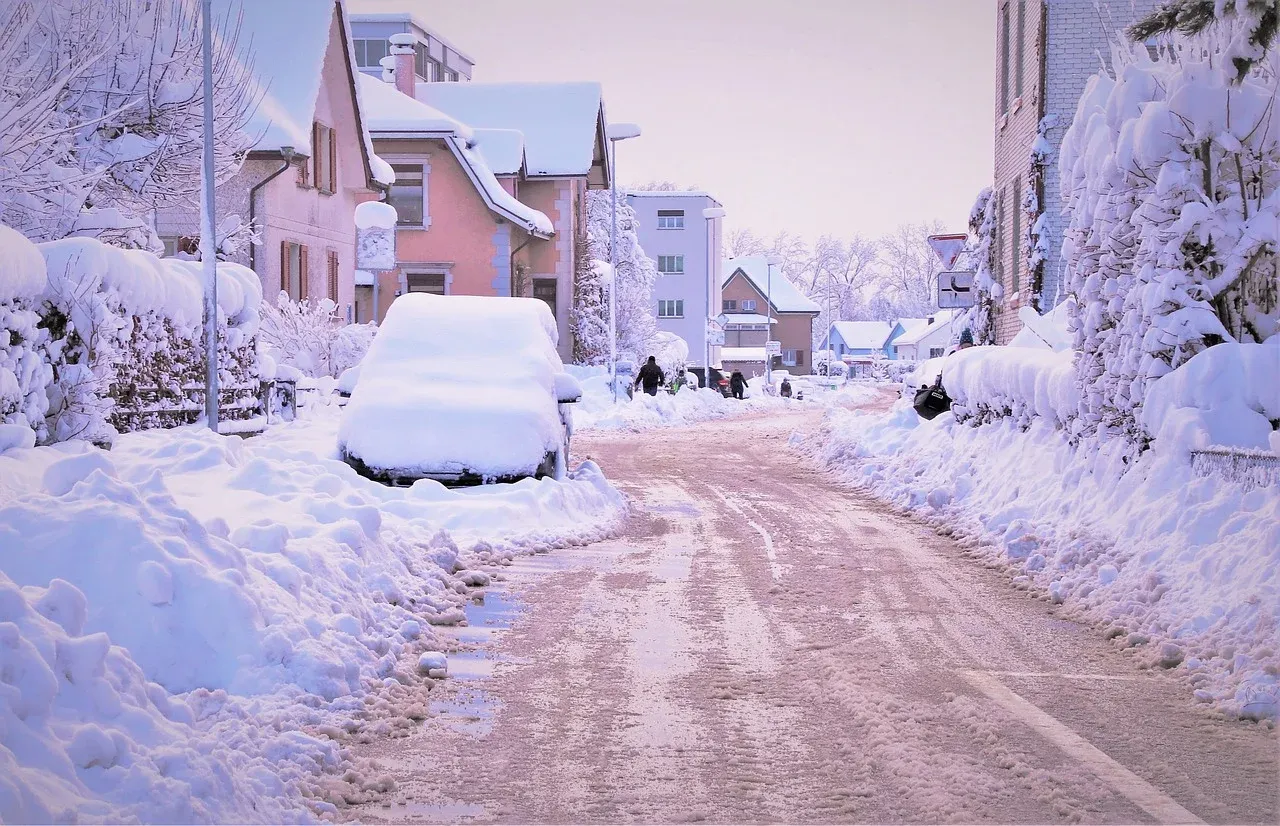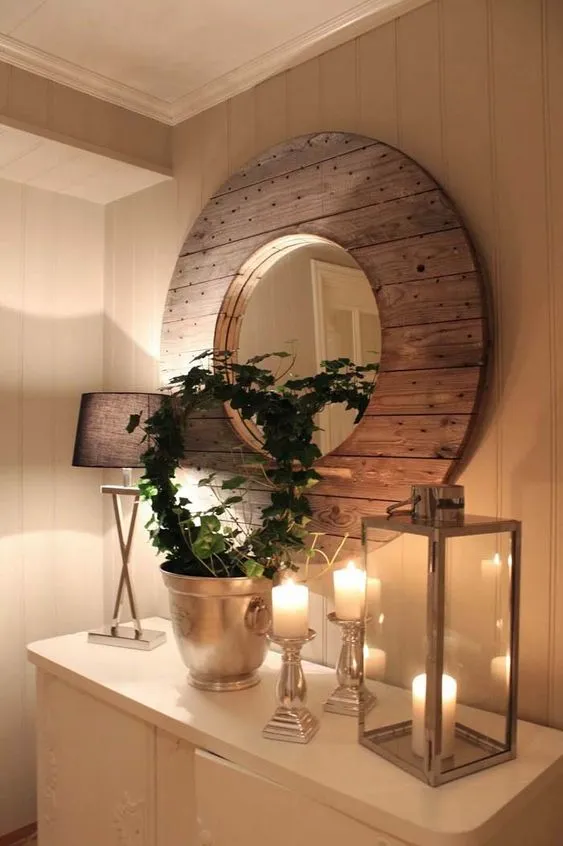How to Keep Your Property Safe and Clean in Winter?
Winter can be a dangerous time for property owners. The combination of cold weather and hazardous substances can create a range of safety risks for people and their homes. To keep your property safe and clean in winter, it's important to take some precautions. Here are several tips on how to do that.

Dealing with Slippery Surfaces
One of the biggest problems caused by winter weather are slippery surfaces. Ice and subsequent snowfall can cover your property with ice, which is very dangerous for people and their homes. Make sure you take measures to reduce possible slips or falls in winter. This includes using salt to melt ice. It's also important to maintain good traction when outdoors to avoid harming yourself or your home.
When adding salt, keep in mind that it can damage some surfaces such as brick, aluminum, vinyl siding, or concrete. Always test any alternatives on an inconspicuous area of the surface before using them.
It's also important to remember that salt can cause problems for animals and plants when used incorrectly. As an alternative, you can always request snow and ice removal in certain areas. Dogs are especially sensitive to salts, so it's better to avoid using them in places where your dog spends time. Alternatives to salt, such as sand or ash, should be considered for areas where your pet often plays. Regarding plants, salt can penetrate the soil and bring harmful chemicals with it. It's better to use other methods for melting ice near plants around the house.
Keep Your Home Warm
Maintaining warmth inside your home during winter will help reduce the amount of energy needed to heat it later. Turning off lights when not in use helps lower your electricity bill, especially if you're trying to avoid heating unused rooms. Additionally, reduce the water heater temperature to the recommended 120 degrees Fahrenheit. This will help decrease the amount of energy needed to heat water used at home or during showers.
Smart Use of Windows
When outdoor temperatures start dropping, it's important to know how best to insulate your home from cold air and potential intrusions. Windows can be a major source of heat loss in winter, so pay special attention if you frequently open them for ventilation. If you can't keep them closed all the time, installing storm windows over regular ones is an excellent way to minimize heat loss through glass surfaces. You can also install plastic window kits that provide additional barrier protection between cold air and your home to keep it warm. If you have a fireplace, install a draft stopper for the chimney to help insulate this opening.
Flush Pipes Before Freezing
One of the most dangerous aspects of winter weather is dealing with frozen pipes. If left open, your plumbing system may experience serious issues that could lead to costly repairs. Make sure to drain all external hoses before temperatures drop low enough for them to freeze. There are also special products designed specifically to protect pipes from freezing in winter. Try using thermal insulation sleeves or shut-off valves.

Winter months can be challenging when fighting harsh weather conditions and potential intrusions. To keep your property safe, it's important to take some precautions before freezing temperatures arrive. Dealing with slippery surfaces, maintaining warmth inside your home, smart use of windows, and flushing pipes should help you get through this season.
Need a renovation specialist?
Find verified professionals for any repair or construction job. Post your request and get offers from local experts.
You may also like
More articles:
 How to Properly Decorate a Child's Room in Neutral Colors
How to Properly Decorate a Child's Room in Neutral Colors How to Decorate a Small Balcony with Plants
How to Decorate a Small Balcony with Plants How to Properly Design the Ideal Terraced Garden Area
How to Properly Design the Ideal Terraced Garden Area HOW TO DESIGN A KITCHEN WITH A WORKSPACE
HOW TO DESIGN A KITCHEN WITH A WORKSPACE How to Decorate a Bedroom: Ideas for Warmth and Individuality
How to Decorate a Bedroom: Ideas for Warmth and Individuality How to Decorate Any Room in the House with Round Mirrors
How to Decorate Any Room in the House with Round Mirrors How to Decorate with Concrete-Style Tiles?
How to Decorate with Concrete-Style Tiles? How to Create a Modern Kitchen
How to Create a Modern Kitchen